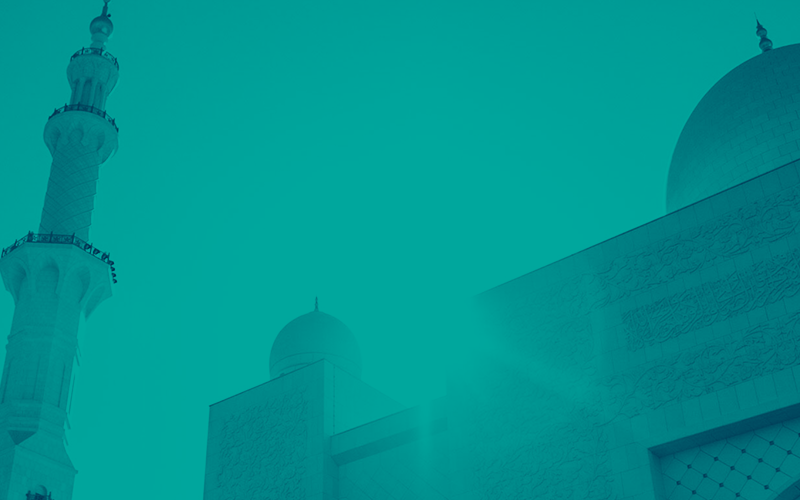Dear Reader,
President Donald Trump’s first official visit overseas was to Saudi Arabia and the Gulf states. His choice was not unexpected—the president recalled during his speech in the kingdom that the Saudis had received him with great pomp during his first term—but its context was unusual. The visit took place amid signs of tension between the United States and Israel.
Three events provoked Israeli ire. In April, while Israeli Prime Minister Benjamin Netanyahu was in Washington to seek U.S. help to attack Iran, the Trump administration announced it would resume negotiations with Iran over its nuclear program. In May, the administration negotiated directly with Hamas over the release of an Israeli-American hostage, days after the United States ended its military strikes on Yemen, a decision taken without consulting Israel.
If one can discern rhyme or reason in the U.S. president’s approach to the Middle East, it is that he will advance his agenda without asking anyone’s permission. One of Trump’s more noticeable decisions was his announcement in Riyadh that he would lift sanctions on Syria, a measure which many observers regard as essential to consolidate a post-Assad order.
Syria’s transition has been of particular interest to the Middle East Program at Carnegie. In early May, Joseph Daher published an article on what he called the “three major factors […] needed for successful and sustained national rehabilitation and reconstruction” in the country: an inclusive political transition creating conditions for participation by different sectors of society; the establishment of a counterweight to those in power that deepens the democratization of Syria’s political space; and an improvement in socioeconomic conditions to increase participation from below, particularly among the most vulnerable classes of society.
Based on her recent tour of Syria, Marie Forestier also argued in an article that “[t]o achieve durable peace in Syria, something to which virtually all Syrians aspire, it is critical that the interim authorities deliver on promises of inclusion, accountability, transitional justice and reconciliation.” Internal dynamics will play a significant role in defining Syria’s direction, she underlined, against the belief of many analysts who focus mainly on regional factors.
On the broader question of peace in the Middle East, economist Alexandre Kateb examines the Abraham Accords in light of the ongoing war in Gaza. He points out that, while the accords have proven resilient, “their future will depend on broader dynamics in the region and beyond.” Without “a credible commitment toward Palestinian statehood (the contentious issue the Abraham Accords tried to circumvent), any normalization from below could prove to be a Sisyphean task—something eternally repeated and never completed.”
Away from Arab-Israeli war or peace, Carnegie senior fellow Yezid Sayigh, in his latest paper, looks at how Egypt’s president, Abdel-Fattah el-Sisi is building a new, second, republic, marked by “a radical redefinition of the social contract established after 1952, a new form of state capitalism, and a reinforcement of presidential powers within an emerging military guardianship.” However, Sayigh adds a note of warning, namely that the Egyptian regime’s “inability to achieve social and political hegemony and its overreliance on coercion leave the Second Republic at permanent risk of unravelling.”
Amid these and other momentous changes in the region, we invite you to follow our work and engage with our content. As always, we welcome and look forward to your feedback.
Michael Young
Senior Editor,
Malcolm H. Kerr Carnegie Middle East Center
el-Sisi's Egypt
Egyptian President Abdel-Fattah el-Sisi is building a new republic defined by a social ethos of “nothing for free,” a new form of state capitalism, and hyperpresidential powers set within a military guardianship that secures his regime but leaves it unable to resolve political, economic, and social challenges.
By Yezid Sayigh
Syria’s Reconstruction
For the country’s revival to be successful after years of war, inclusion of the population and democratization during the transitional period will be necessary, or national cohesion may be undermined.
By Joseph Daher
Abraham Accords
The Arab-Israeli agreements have largely survived the war, but their future will depend on broader dynamics in the Middle East and beyond.
By Alexandre Kateb
Reconciliation in Syria
For peace to return to Syria, and for Syrians to overcome the divisions caused by the civil war and unite as a people, a process of transitional justice and reconciliation is imperative.
By Marie Forestier
Weapon Monopoly
In an interview, Marwan Muasher discusses why Arab governments should have a monopoly over weapons.
By Ghida Tayara
U.S.-Iran Relations
The U.S. president’s push to “do a deal” or face military action challenges Tehran’s desire to have it both ways.
By Karim Sadjadpour
Trump's Gulf Visit
The U.S. president’s pomp-filled trip comes amid a worsening humanitarian crisis in Gaza.
By Amr Hamzawy, Zaha Hassan, and Andrew Leber
Climate Change
Iraq will need more institutional capacity and financial investment to diversify its economy away from oil and meet its sustainability goals.
By Joy Arkeh and Nourane Awadallah
Media & Events
- New Calculus in Yemen: U.S. Operation, Regional Realignments, and the Prospects for Peace | Watch the panel discussion
- Lebanon’s Arduous Road to Economic and Financial Reform | Watch the panel discussion
- Why Trump Could Succeed in the Mideast Where Other Presidents Failed |
Read Zaha Hassan's analysis
